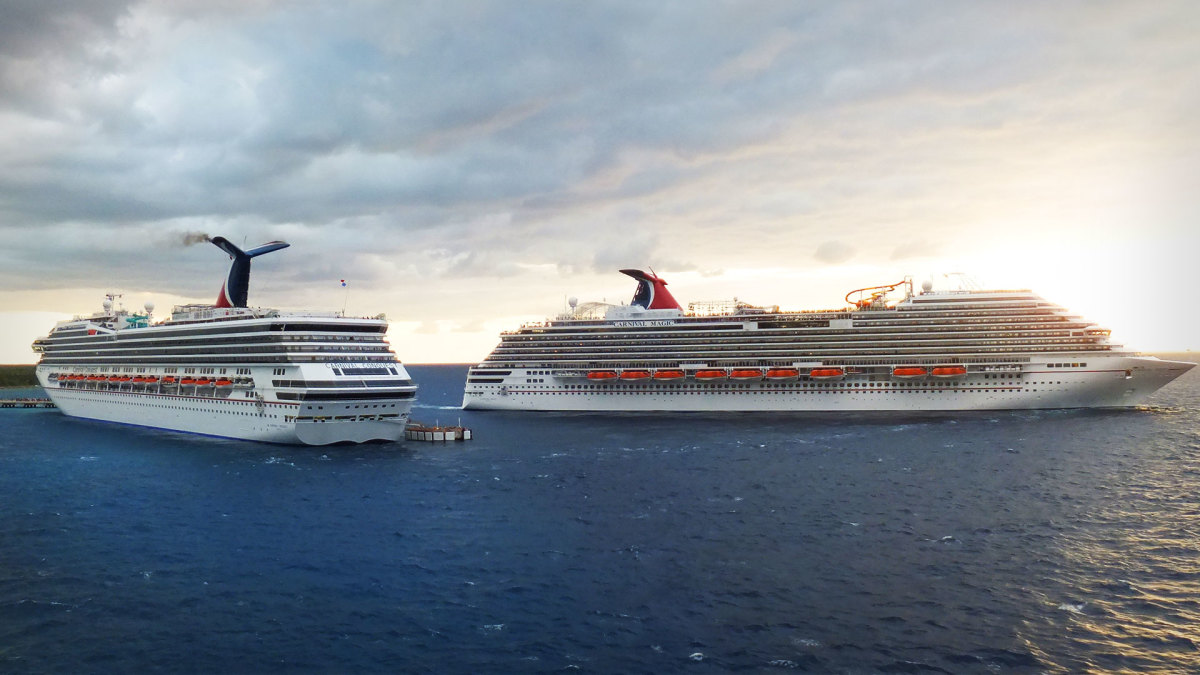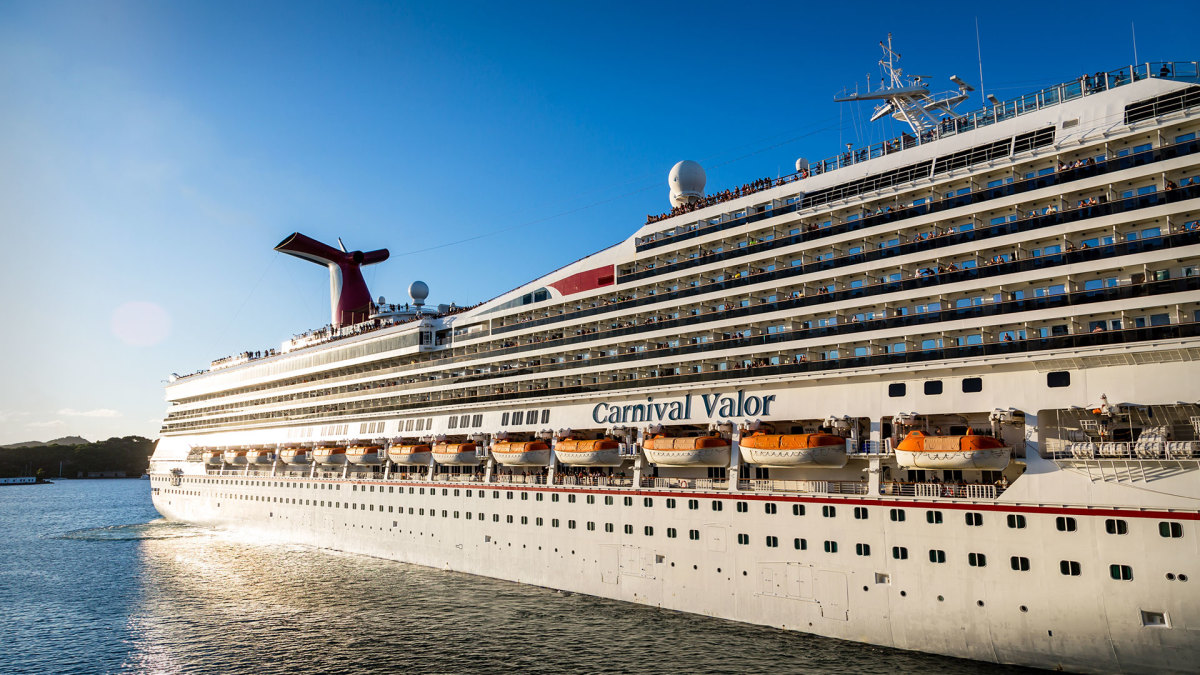
Both Royal Caribbean and Carnival Cruise Line have often faced accusations that they "nickel and dime" passengers. That's essentially a criticism that the two cruise lines keep finding new ways to charge for things onboard that were once included.
Since the return from the Covid-19 pandemic, the biggest complaint facing both cruise lines has been added charges in the "free" main dining room (MDR). Carnival Cruise Line (CCL) -) added a fee for every MDR entrée after the second one when the previous policy had been unlimited food.
Related: Royal Caribbean makes a key beverage package change
Royal Caribbean not only cut a number of "classic" items from its daily MDR menus it also charges for a second lobster tail (and any after that) on formal night, when unlimited lobster used to be included. Those may seem like small changes, but customers also point to other changes like housekeeping moving from twice a day to once in rooms below suite class, as signs that both cruise lines have put their bottom line over the needs of the customers.
Now, with oil prices rising, Carnival CEO Josh Weinstein floated the idea of a fuel surcharge in response to a question during the cruise line's third-quarter earnings call.
"It's certainly not off the table. We wouldn't take anything off the table," he said of a fuel surcharge. "It's not something we're planning to implement in the near term, although that could certainly change."
The Arena Media Brands, LLC and respective content providers to this website may receive compensation for some links to products and services on this website.

Image source: Shutterstock
How do cruise line fuel surcharges work
While you would think that the price you agree to when you book a cruise would be the price you pay, that's not always the case. Carnival and Royal Caribbean reserve the right to pass on changes in taxes and certain fees to their customers.
Both cruise lines also make it clear that they can add a fuel surcharge. Here's the language Royal Caribbean shares on its website.
We reserve the right to impose on any existing booking or new bookings (whether paid in full or not) a supplement for fuel or other matters without prior notice as provided in our Passenger Ticket Contract. In addition, we reserve the right to pass through any third-party imposed fuel or other surcharges, also without prior notice, The guest will remain liable for any applicable taxes, fees, or surcharges that may be assessed by any governmental or quasi-governmental agencies.
Neither cruise line has used a fuel surcharge since the early 2000s when oil prices spiked. Light sweet crude hit as high as $145 per barrel in July 2008. And, while both may consider it, adding a charge that's likely to angry customers is not a move either Carnival or Royal Caribbean will make lightly.
BOOK YOUR CRUISE NOW: Plan a dream cruise vacation at the best possible price.
Carnival is worried about fuel prices
Weinstein talked a lot about fuel during his cruise line's most recent earnings call. Fuel represents around 13% of cruise operating costs. He explained how the company has handled it so far.
"The higher revenue alone more than offset the recent spike in fuel prices, which is currently forecasted to step up by 20% heading into our fourth quarter. I would note that while we've experienced volatility in fuel prices before, there's only been one other period in the last 15 years that our fuel price has reached this level," he said.
The CEO blamed rising fuel prices for "masking" underlying improvements the cruise line has made to its business. Carnival is not simply counting on passing its increased fuel costs on to customers. It has also aggressively been managing the problem.
"We're on track to achieve a step change reduction in fuel usage and resulting carbon intensity in 2023 with fuel consumption per ALBD (available lower berth day) nearly 16% lower than 2019, even better than the 15% we had anticipated. I know this is stating the obvious, but not only is this effort benefiting our bottom line by hundreds of millions of dollars," he said.
Weinstein is proud of the effort his company has put in to keep fuel prices down.
"Heading into 2023, we already had the most fuel-efficient fleet of our public peers by a wide margin, and we're looking to widen that gap," he added.
Carnival shares were up as much as 141% for the year to $19.30 in early July but have fallen back as oil prices have risen, reading $93.68 on Sept. 27.
Carnival shares closed Friday at $13.26, off 4 cents from Thursday but up 4% from Tuesday's close of $12.74.
SAVE MONEY ON YOUR CRUISE: Let our travel experts get you booked and sailing.
Royal Caribbean CEO Jason Liberty has not commented on the possibility of a fuel surcharge and the increase in oil prices was not mentioned during the cruise line's most recent earnings call.







